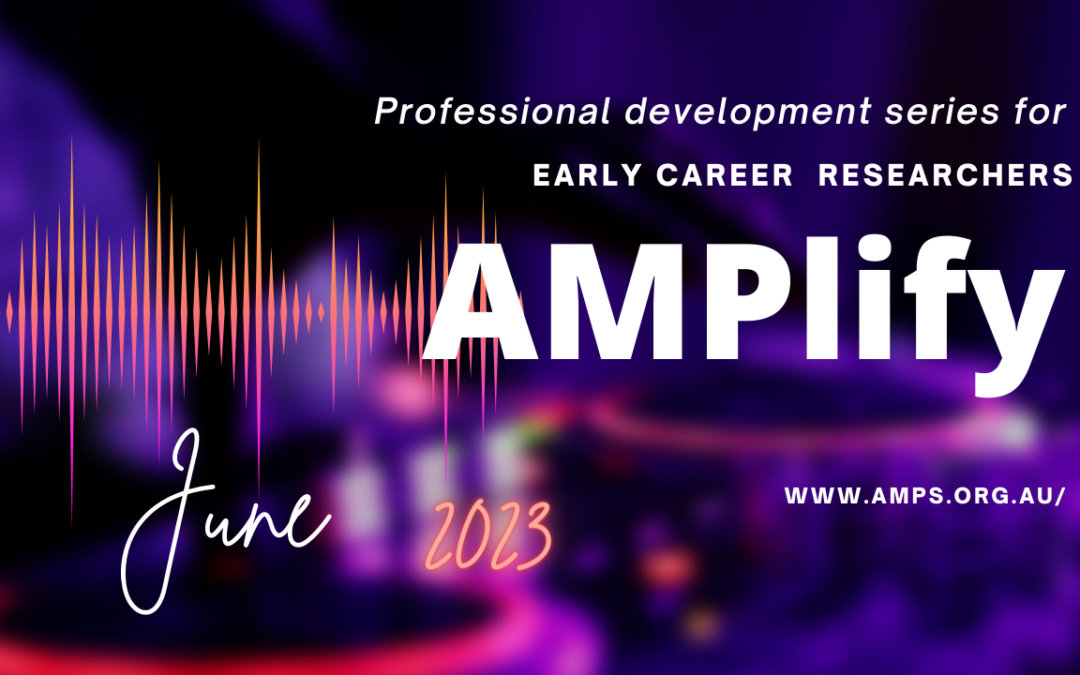4 pm AEST Wednesday 7 June 2023 via Zoom
Watch the recording here.
Join our panel of DECRA fellows to discuss to get the inside scoop on the process of applying for a DECRA award.
Our presenters

Steffen Herff graduated in Psychology at the Heinrich-Heine University Duesseldorf in Germany before going on to complete his PhD at the MARCS Institute for Brain, Behaviour, and Development focusing on ‘Memory for Melody’ in 2017.
After his PhD, Steffen secured a DAAD-UA grant to conduct the “Noisy Ear” project in Germany, exploring context effects of background noise on memory before accepting a position at the Agency for Science, Technology and Research in Singapore, where he worked on Statistical Learning and Memory in the auditory domain.
In 2019, Steffen joined the Digital Cognitive Musicology Lab at École polytechnique fédérale de Lausanne, Switzerland, on the ERC grant “Principles of Musical Structure Building: Theory, Computation, and Cognition” to lead the empirical efforts of the project. Shortly after, he secured the SPARK grant from the Swiss National Science Foundation to lead a separate research stream on music-induced imagination.
In 2021, Steffen won an ARC DECRA to further research imagination, music, and how they interact.
His current research is situated at the intersection between Memory, Music, Imagination, Information Sampling, and Neuroscience. The projects range from fundamental memory, learning, and perception research as well as modelling of information sampling in aging and mood disorders, over social negotiation between musical co-performers, the creation of new compositional tools, and empirically investigating how musical features affect imagination, to non-invasive (e.g., EEG, MEG) and invasive brain imaging (e.g., ECoG) in musical rhythm perception as well as brain stimulation to modulate memory encoding.

Helen English is Associate Professor in Music at the University of Newcastle, Australia and currently an ARC Early Career Research (DECRA) Fellow. Her primary research focus is music and its potentially transformative affordances. She has a passionate interest in equity of access to music, which has driven years of music outreach. Her interest in music’s affordances for quality of life across the lifespan have led her to work with both young people and older adults. As a DECRA fellow she is working with music groups to identify what makes their music-making transformative. She leads a creative ageing research team at the University of Newcastle, co-founded with Professor Frini Karayanidis and Ass/Prof. Michelle Kelly and a Dementia Australia research project investigating the effects of engagement with creative activities for older adults.

Dr. Anna Fiveash is an ARC DECRA fellow at the MARCS Institute for Brain, Behaviour and Development at Western Sydney University (Australia). She did her postdoc at the Lyon Neuroscience Research Center (France), with a focus on rhythm processing in music and language in adults and children with and without developmental language disorders. In her PhD at Macquarie University (Sydney, Australia; awarded 2018), she investigated syntactic processing in music and language, focusing specifically on interference paradigms. She is interested in syntax, rhythm, and prediction of music and language, with implications for more general cognitive processing and developmental language disorders.

